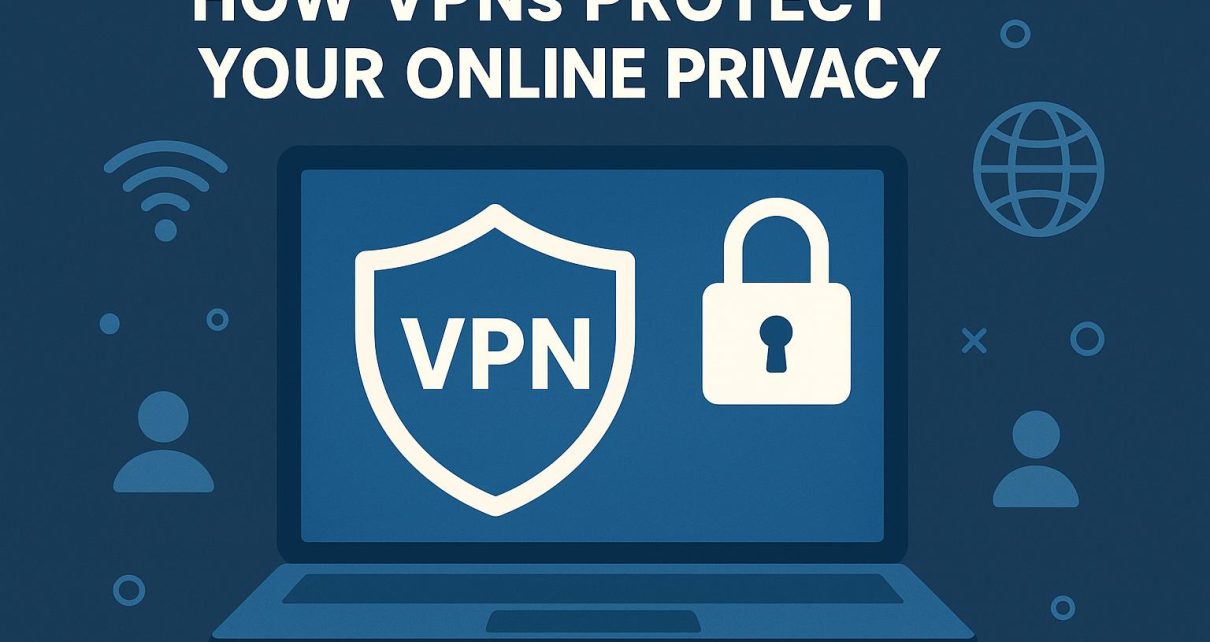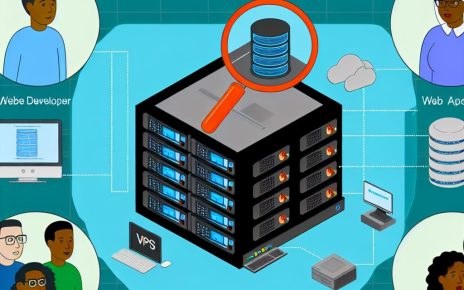Understanding How VPNs Protect Your Online Privacy
In today’s digital age, safeguarding your online privacy is of paramount importance. As more activities transition to the internet—from personal communication to banking and entertainment—our digital footprints have grown significantly, necessitating the use of protective measures like Virtual Private Networks (VPNs). VPNs have emerged as vital tools designed to cloak our online presence and protect sensitive data. Below, we explore the inner workings of VPNs and their significant role in shielding our online privacy from unscrupulous entities.
How VPNs Operate
The operational dynamics of VPNs make them essential in preserving online security and anonymity. By functioning as intermediaries between your device and the wider internet, VPNs offer a protective barrier against numerous online threats.
Establishing Secure Connections
When you connect to a VPN, it establishes a secure, encrypted connection, also known as a “VPN tunnel,” between your device and a server operated by the VPN provider. This process involves complex network protocols that ensure the data traveling through this tunnel is shielded from prying eyes. With this encrypted connection in place, your actual IP address—essentially your digital location—is replaced with one from the VPN server.
Data Routing and Anonymity
The VPN reroutes your internet traffic through its server, effectively masking your true IP address. This rerouting not only helps in concealing your real location but also provides you with a new digital identity associated with the server’s IP address, often located in a different geographical region. Consequently, websites and online services find it challenging to trace your activity back to your real identity or location, thus enhancing your anonymity.
Encryption and Data Protection
One of the fundamental features of VPNs is their ability to encrypt data. Encryption acts as the digital equivalent of securing your communications in a vault, accessible only to intended parties.
Understanding Encryption
When data is transmitted from your device through a VPN, it undergoes a transformation into a secure, encoded format. This conversion uses sophisticated algorithms that scramble the data, making it incomprehensible to anyone without the proper decryption key. This means that even if your data is intercepted—such as over an insecure public Wi-Fi—decrypting it would be nearly impossible without significant computational power and time.
Ensuring Privacy in Public Networks
Public Wi-Fi networks, like those found in coffee shops or airports, pose significant risks as they are common targets for cyber threats. By encrypting data, VPNs effectively create a secure passage for your information, reducing the risk of exposure to such threats.
IP Address Concealment
The concealment of your IP address plays a critical role in maintaining your online privacy. Your IP address is akin to a virtual pointer that leads to your physical location and the identity of your internet service provider (ISP).
Importance of IP Concealment
When using a VPN, the IP address visible to websites and other online entities is that of the VPN server you are connected to, not your actual address. This change is crucial because an exposed IP can allow third parties to perform unwanted tracking of your physical location and browsing activities.
Preventing Targeted Advertisements
Another advantage of IP concealment is reduced exposure to targeted advertisements. By masking your original IP address, advertisers cannot effectively track your browsing habits to send intrusive ads tailored to your previous searches.
Advantages of VPNs in Enhancing Privacy
VPNs confer numerous benefits that extend beyond basic data protection, especially in contexts where internet freedom and privacy are compromised.
Bypassing Geo-Restrictions
Geo-restrictions often inhibit access to content based on geographical boundaries. For instance, streaming platforms, news websites, and certain social media services limit content reach depending on user location. VPNs empower users to bypass such limitations by allowing them to select servers in different countries, effectively tricking content providers into seeing the user as virtually located in a permissible region.
By choosing a server in a specific country, VPN users can bypass content filters and local censorship, granting them access to a global array of information and entertainment options otherwise restricted from their actual location.
Protection from Surveillance
In several parts of the world, online activities are subject to monitoring by government bodies and ISPs, often under the guise of national security or regulatory compliance. VPNs provide a layer of protection from such surveillance activities by encrypting all user data. This cryptographic protection makes it decidedly more difficult for unauthorized entities to decipher which websites a user visits or what information is exchanged.
Moreover, many VPN providers adhere to strict no-log policies, which means they do not store details of user activities on their servers. This practice ensures that even if a VPN server is compromised, there’s minimal risk of user data being exposed.
Conclusion
While VPNs are incredibly effective tools for enhancing online privacy and security, selecting a trustworthy provider is crucial. Quality VPN services are distinguished by their adherence to strong encryption protocols and commitments to no-log policies. Researching VPN providers through reputable tech review platforms can be beneficial for making informed decisions.
However, it’s imperative to understand that VPNs represent just one facet of a comprehensive digital security strategy. A well-rounded approach to online privacy should include adopting safe browsing habits and employing malware protection to guard against diverse threats. Through the combined usage of VPNs and these practices, internet users can significantly bolster their defenses against modern online dangers, maintaining privacy and security in an increasingly digital world.




